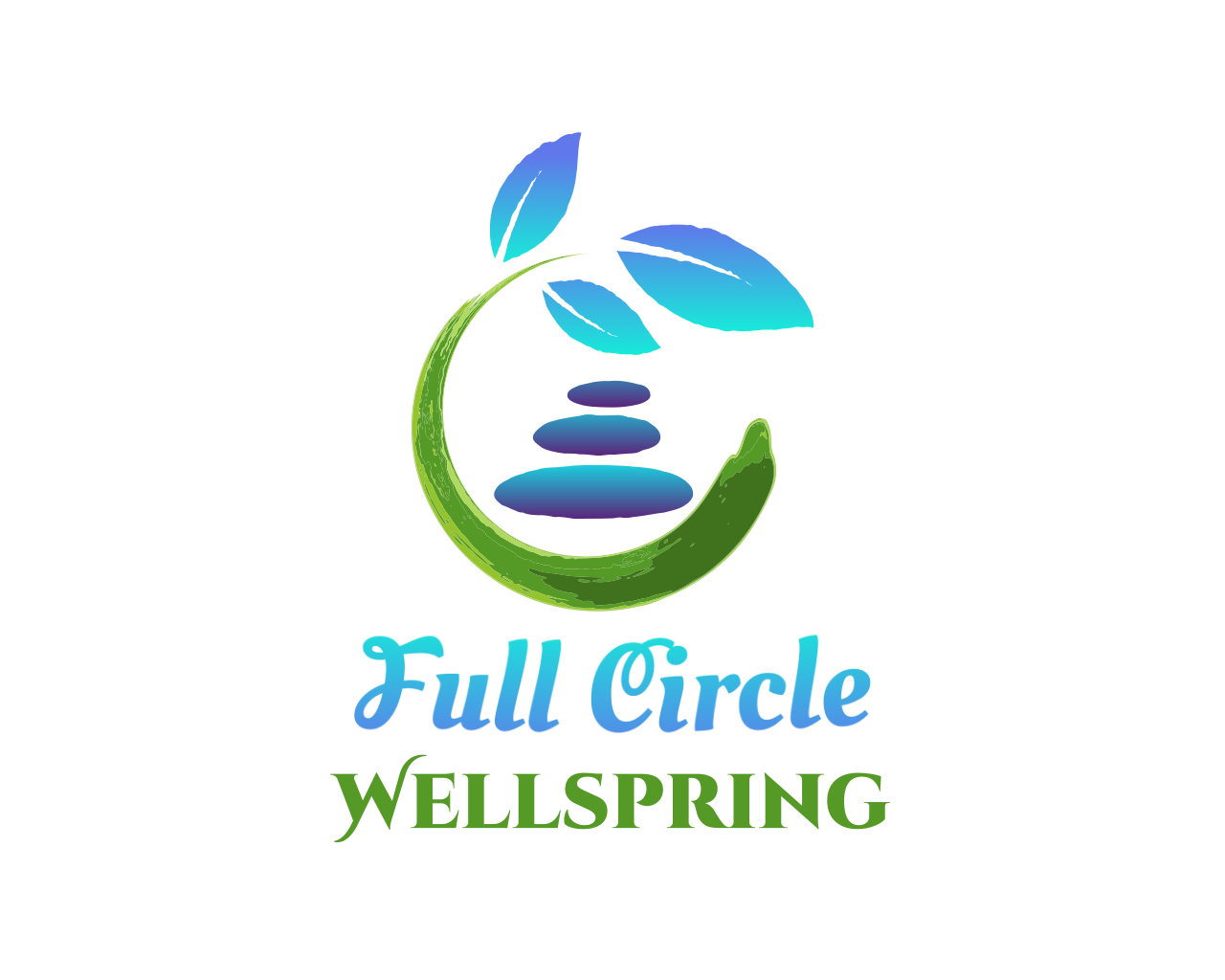Mindful Mondays|Week 6: Flood
*Author Note* If you prefer to listen or watch instead of or along with -
Check out the YouTube video and/or the Podcast audio.
Sometimes the nervous system gets flooded. When that happens, our bodies can go into overdrive or completely shut down. You can do this practice as an emergency meditation in times of overwhelm.
Feel free to sit, lay, or even stand - whatever feels best. Take a deep breath before we continue.
…
It’s important for us to establish safety within ourselves right off the bat.
Let’s take another deep breath – but this time, I want you to take a low and slow inhale so that your belly completely fills up with air. We want to stimulate our vagus nerve through our diaphragm. Then hold it for just a moment – one or two counts. Finally, purse your lips like you are drinking from a straw, and then, very slowly and controlled, blow out all the air in a steady long exhale. Let’s do that together now.
…
Now let’s bring our breathing back to normal with no controlling it at all. Just watch the breath for a few moments and allow the overwhelming flood inside of you to flow out and away from you – like a branch of a river opening up and sweeping away from it.
…
For all humans, overwhelm can happen at any time. The day is just too busy, you lose track of time and miss a meeting, your kids are really loud, too much stimuli in your space, a crowded place. Your mind simply can’t process all the information and lights and smells and must dos for too long, and your sandbags crumble and you get flooded with emotion. Crying, rage, screaming, going to bed, etc. This is the normal brain trying to process through day-to-day life. For trauma survivors, any one of life’s good or bad, calm or busy, fun or sad times can meet with one of your trauma triggers. Sometimes you don’t even know what triggered you. Everything may be fine, and the delivery person walks by. And you are flooded with grief. You didn’t even have time to realize that their cologne smells like a loved one you lost, but your brain picked up on it and immediately had a trauma trigger response. This can be the day in and day out for a trauma survivor, regularly bumping into to people, places, things, words, etc that remind their brain of their trauma – even if they don’t even have a memory of it themselves. The body and brain remember and will use flooding as a way to protect you if it feels like a threat is coming again via the trigger. You will tense up, hold your breath, and brace for danger.
This is where a type of breathing like a sharp, slow inhale with a longer exhale can calm your nervous system. Breathing in deep to the belly expands around our vagus nerve, and the longer exhale invites in calm and relaxed feelings.
Let’s do three more deep belly inhales and slow, pursed lips exhales.
…
See how much more relaxed your internal system feels? Getting flooded with emotion, tears, rage, confusion, exhaustion, or overwhelm is all part of a stressful life. You can have a quick way to calm yourself and let your body know you are safe with this simple practice.
Come back to the room; open your eyes if you’ve closed them.
Take this with you whenever you need a moment to let the flood waters recede.

